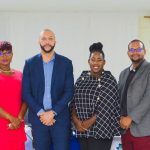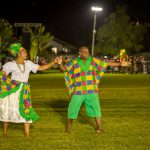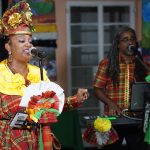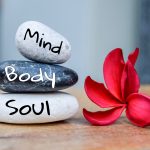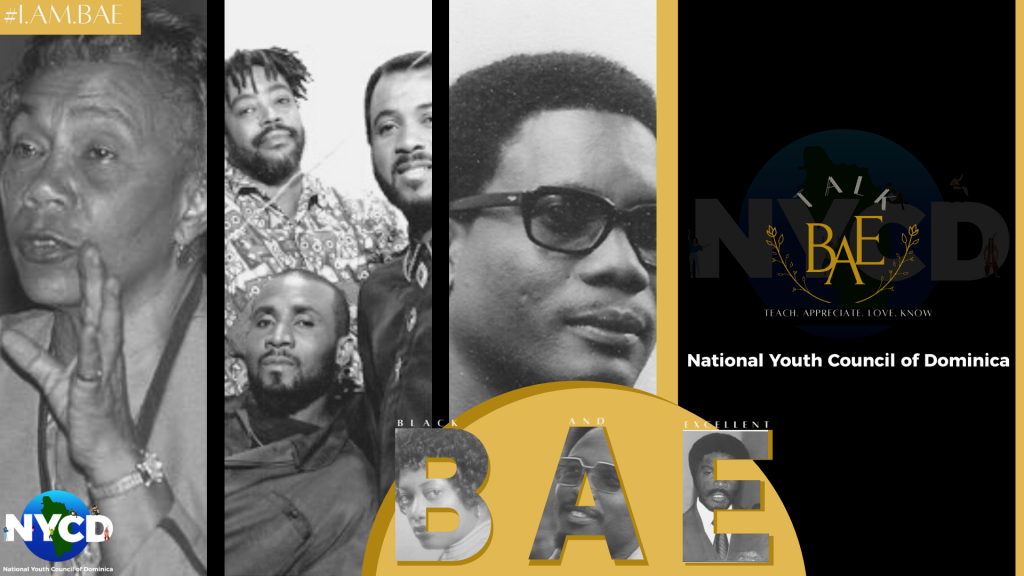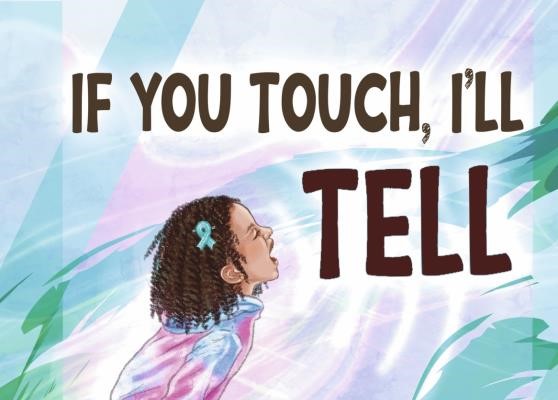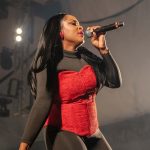In our context the fundamental beliefs and motivations which once produced driven and inspired trade unionists, civil rights activists, politicians and more, have now been somewhat misplaced and perhaps lost. It begs the question- what is black consciousness today?
What is it and why BAE?
The Negro, who sits at the center of black history and heritage, has for centuries grappled and dealt with a series of ideologies and principles which are critical to black identity. A list of these themes are well put together in a 2000 publication by Collins, P. H. on Black feminist thought: Knowledge, consciousness, and the politics of empowerment which stated, “Derived from Black women’s experiences are shared commonalities that have been theorized into a series of themes: legacy of struggle, self-definition and self-valuation, interlocking systems of oppression, and activism.”
While this was a commentary on the ever-changing dynamic of the societal grievances of the black woman and her struggles with black consciousness, each of these themes can be identified as a deficiency in our developing society here in Dominica. Our culture, our music, our people and our systems-each of these pillars serves a purpose in the collective consciousness which can deliver to us our black history; Dominican black history.
The Negro
“Who is a Negro? Is that a foolish question? Actually there are many different answers, most of them containing an element of truth, but few if any are entirely correct. Dictionaries usually say that a Negro belongs to the black race, is a person of Southern African descent, has kinky or wooly hair, thick lips and dark brown or blackish skin and has a proportion of African blood as will identify him with the black race… Of course there are fair, blue-eyed, straight-haired “Negroes,” so we are sunk when we say Negroes as a group of Africans.”
~ June Purcell Guild, 1888-1966, Who is a Negro?
The understanding of who we are as a people, where we came from and how far we have come as a society is a critical element of our development which perhaps the average Dominican scarcely reflects upon. That holds even truer for the Dominican youth. How often is it that you find a group of young people discussing the inner workings and machinations of Dominican politics and are able to parallel it with the politics of the icons such as the late Roosevelt Douglas or Dame Eugenia, the Iron Lady? Are they able to comment on the leadership style of O.J. Seraphin, Patrick John or Edison James?
“How would the average young person know about any of this?” you may ask. It’s true, they were not there, but how do they know that Christopher Columbus sighted- sorry- discovered Dominica in 1493? How is it that they are so sure that Dominica was colonized by the British first, or was it the French, without being amongst the fleets at the time? The question remains. What history is truly our priority?
This Black History Month, the National Youth Council of Dominica sees it relevant and timely to engage in conversations like these to remind us that we are special, loved and appreciated – we are BAE; Black and Excellent. And our history, now more than ever before, is pertinent. Not enough is being done to educate and inspire young people, which contributes to the lack of enthusiasm and participation among youth when it comes to elements of our culture that are Afro-Caribbean, that promotes an awareness of our Afro-centric identity.
An online paper by Leslie Anne Hadfield published in 2017, noted that “Black Consciousness began to be defined as “an attitude of mind” or “way of life” of black people who believed in their potential and value as black people and saw the need for black people to work together for a holistic liberation.” Focusing this definition of Black Consciousness on the youth renders the question, what “attitudes” or “way of life” are we as a country perpetuating to inspire our youth? Here in Dominica, where do historical happenings such as the publication and passing of the 1979 Dread Act or the failed 1980s coup d’état, fit into the development of Black Consciousness among our young people?
This is why we have decided to look at four (4) distinctive aspects of our developing society as these are the areas where we’ve recognized the highest deficiency of youth involvement in culture-the creole language, our music, the contribution of notable icons and the impact of racism, discrimination and classism on our social welfare.
Let’s start with the Creole Language, shall we? Creole or kwéyòl as it is traditionally known, has been one of the most distinctive and definitive aspects of our culture which, quite honestly, is really one of the only elements which sets us apart from our other Eastern Caribbean counterparts such as St. Vincent and the Grenadines, and depicts a commonness in history with others such as St. Lucia. However, for some time now it is evident that the prominence of the language is not as it used to be and who takes the blame? You guessed right… the youth. The majority of the older population are proficient to varying degrees in speaking the language. Many young people have no capacity to speak the language. This further exemplifies our issue with self-definition and self-valuation. Self-definition is claiming the power to reject externally defined, controlling images, while self-valuation refers to the content of the self-definition (Collins, 2000). Have we yet claimed the creole language enough to include it in our curriculum and make it the foundation of our literary and oratory resources? If we haven’t, how do we then expect the youth to value it?
There is also a legacy of struggle with our local musical genres such Cadence, Calypso, Bouyon and Zouk and the fact that interlocking systems of oppression such as racism, discrimination and classism are still alive and well in our Dominican society. Furthermore, where do the notable icons such as our writers, politicians, spiritual leaders, inventors, musicians, athletes, trade unionists and more register into our black consciousness as the activists they were and still are today?
“Black Consciousness is in essence the realization by the black man of the need to rally together with his brothers around the cause of their operation- the blackness of their skin- and to operate as a group in order to rid themselves of the shackles that bind them to perpetual servitude… It seeks to infuse the black community with a new-found pride in themselves, their efforts, their value systems, their culture, their religion and their outlook on life.” (P. H. Coetzee, A. P. J. Roux, 1998)
With the understanding that only a true correlation between the appreciation of black history and the achievement of our black people can render black excellence and the actualization of black consciousness, we are BAE.
More so, BAE T.A.L.K should be viewed as a conduit to promote the reality of black consciousness, hammering into the minds of our youth that in order to truly make black synonymous with glory, we must Teach, Appreciate, Love and Know our culture, our music, our people and our systems in order to fully accept the message that we are Black & Excellent.
So, look no further Dominica. This Black History Month the National Youth Council seeks to remind our Dominican youth that you are BAE!

More from Youth & Education
DOMINICAN AUTHOR TO APPEAR ON CBS MORNINGS WITH GAYLE KING
Dominican author, Dr. Shamina Aubuchon will appear on the highly rated CBS Mornings on Wednesday for an interview with Gayle …


